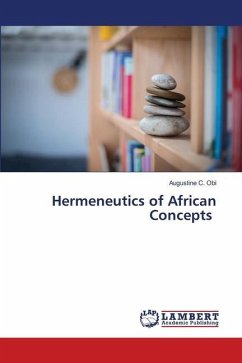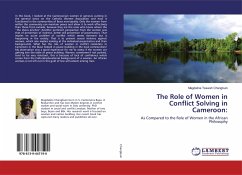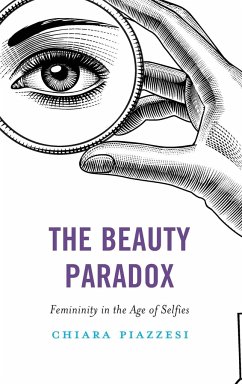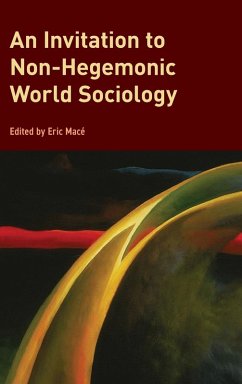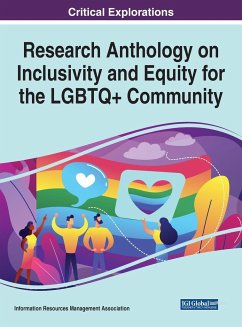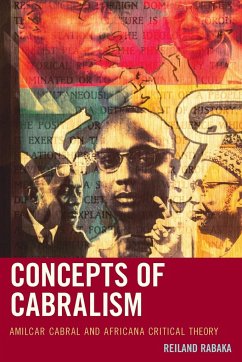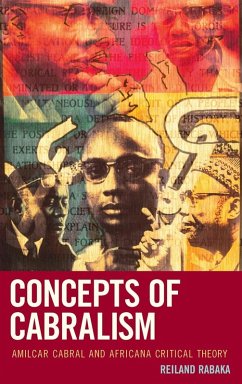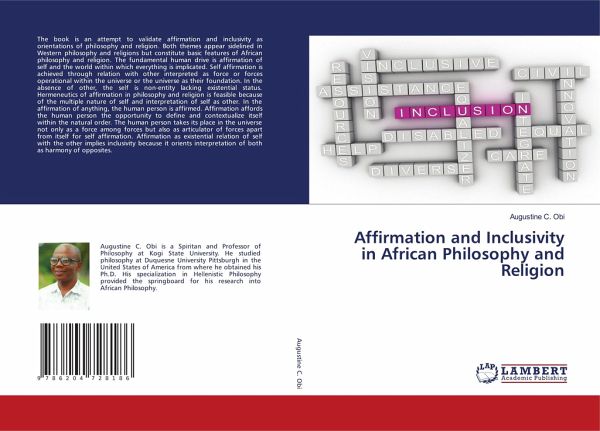
Affirmation and Inclusivity in African Philosophy and Religion
Versandkostenfrei!
Versandfertig in 6-10 Tagen
41,99 €
inkl. MwSt.

PAYBACK Punkte
21 °P sammeln!
The book is an attempt to validate affirmation and inclusivity as orientations of philosophy and religion. Both themes appear sidelined in Western philosophy and religions but constitute basic features of African philosophy and religion. The fundamental human drive is affirmation of self and the world within which everything is implicated. Self affirmation is achieved through relation with other interpreted as force or forces operational within the universe or the universe as their foundation. In the absence of other, the self is non-entity lacking existential status. Hermeneutics of affirmati...
The book is an attempt to validate affirmation and inclusivity as orientations of philosophy and religion. Both themes appear sidelined in Western philosophy and religions but constitute basic features of African philosophy and religion. The fundamental human drive is affirmation of self and the world within which everything is implicated. Self affirmation is achieved through relation with other interpreted as force or forces operational within the universe or the universe as their foundation. In the absence of other, the self is non-entity lacking existential status. Hermeneutics of affirmation in philosophy and religion is feasible because of the multiple nature of self and interpretation of self as other. In the affirmation of anything, the human person is affirmed. Affirmation affords the human person the opportunity to define and contextualize itself within the natural order. The human person takes its place in the universe not only as a force among forces but also as articulator of forces apart from itself for self affirmation. Affirmation as existential relation of self with the other implies inclusivity because it orients interpretation of both as harmony of opposites.



